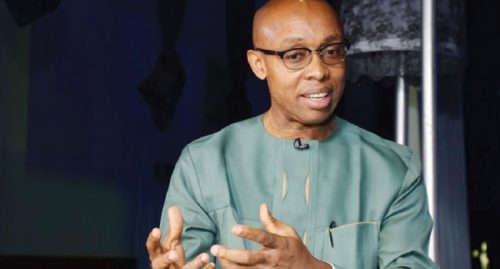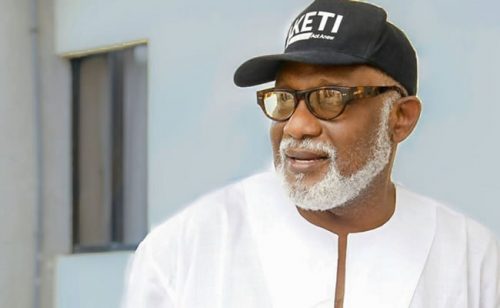Global Demand Lifts Nigeria’s Non-Oil Exports to $3.23bn

Nigeria’s non-oil exports rose 19.6 per cent to $3.23 billion in the first half of 2025, buoyed by global demand for cocoa, urea, fertiliser, and cashew nuts, according to the Lagos Chamber of Commerce and Industry (LCCI).
The chamber, in a statement titled “Nigeria’s Global Partnerships: From Agreements to Action,” commended the federal government for the outcomes of President Bola Tinubu’s recent diplomatic missions to Brazil and Japan, noting their potential to unlock new trade opportunities amid rising global tariff tensions.
LCCI director-general, Dr Chinyere Almona, said the increase in export earnings was matched by higher volumes, with non-oil exports rising to 4.04 million metric tons in the first half of 2025 from 3.83 million tons in the same period of 2024. She stressed the need to sustain momentum by opening new market routes and strengthening trade partnerships.
Almona, however, warned that declining revenues from the United States and volatility in crude oil prices could pressure foreign exchange inflows at a time when dollar liquidity remains critical. She urged the government to prioritise diversification and deepen intra-African trade.
Highlighting new opportunities, she pointed to Nigeria’s recent Bilateral Air Service Agreement (BASA) with Brazil, which enables direct flights between the two nations. Beyond expanding tourism and cultural exchange, Almona said the agreement could open fresh trade channels and create opportunities in technical fields such as aircraft maintenance and aerospace engineering for Nigerian youth.
She also lauded Japan’s $238 million collaborative financing framework announced at the Tokyo International Conference on African Development (TICAD 9), which is aimed at upgrading Nigeria’s national electricity grid. According to her, such investments are vital for equipping young Nigerians with vocational and technical skills while positioning the country to partner effectively with advanced manufacturing economies.
“As Nigeria works to revitalise its grid, equal focus must be given to renewable energy, the adoption of CNG technologies, and policies that attract both local and foreign investors to create long-term value,” Almona said.












